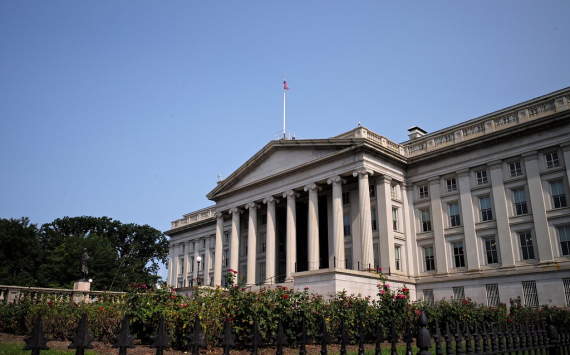
U.S. Strikes
On a recent Thursday, the United States took action against a shipping company based in the United Arab Emirates, Hennesea Holdings Limited, for allegedly transporting Russian crude oil at prices exceeding the $60 per barrel cap. This enforcement action, the first of its kind in 2024, has resulted in the company’s 18 vessels being designated as blocked property, effectively barring U.S. entities from doing business with them.
The U.S. Treasury Deputy Secretary, Wally Adeyemo, underscored the repercussions for those found breaching the price cap, asserting that violators will inevitably face the consequences. He further reinforced the coalition’s unwavering commitment to thwarting any entities aiding the Kremlin.
The price cap of $60 per barrel on Russian oil was established in 2022 by a coalition comprising the United States, European Union, Group of Seven nations, and Australia. Any purchases surpassing this cap are considered a breach of the policy, which aims to starve the Kremlin of funds for its war in Ukraine. The policy’s objective is to compel the Russian government to either sell its oil at a reduced price or invest in an expensive alternative shipping network.
In the previous year, companies in the United Arab Emirates, Hong Kong, and Turkey faced economic sanctions for purportedly violating the price cap.
The price cap, introduced amidst a mix of skepticism and optimism, forms a key component of a wider strategy to deter the invasion of Ukraine by Russian President Vladimir Putin. Alongside the price cap, the allied nations have imposed thousands of sanctions targeting various sectors including banking and financial transactions, technology imports, manufacturing, and individuals with ties to the Russian government. These measures continue to be enforced as the war enters its third year in the upcoming month.









































